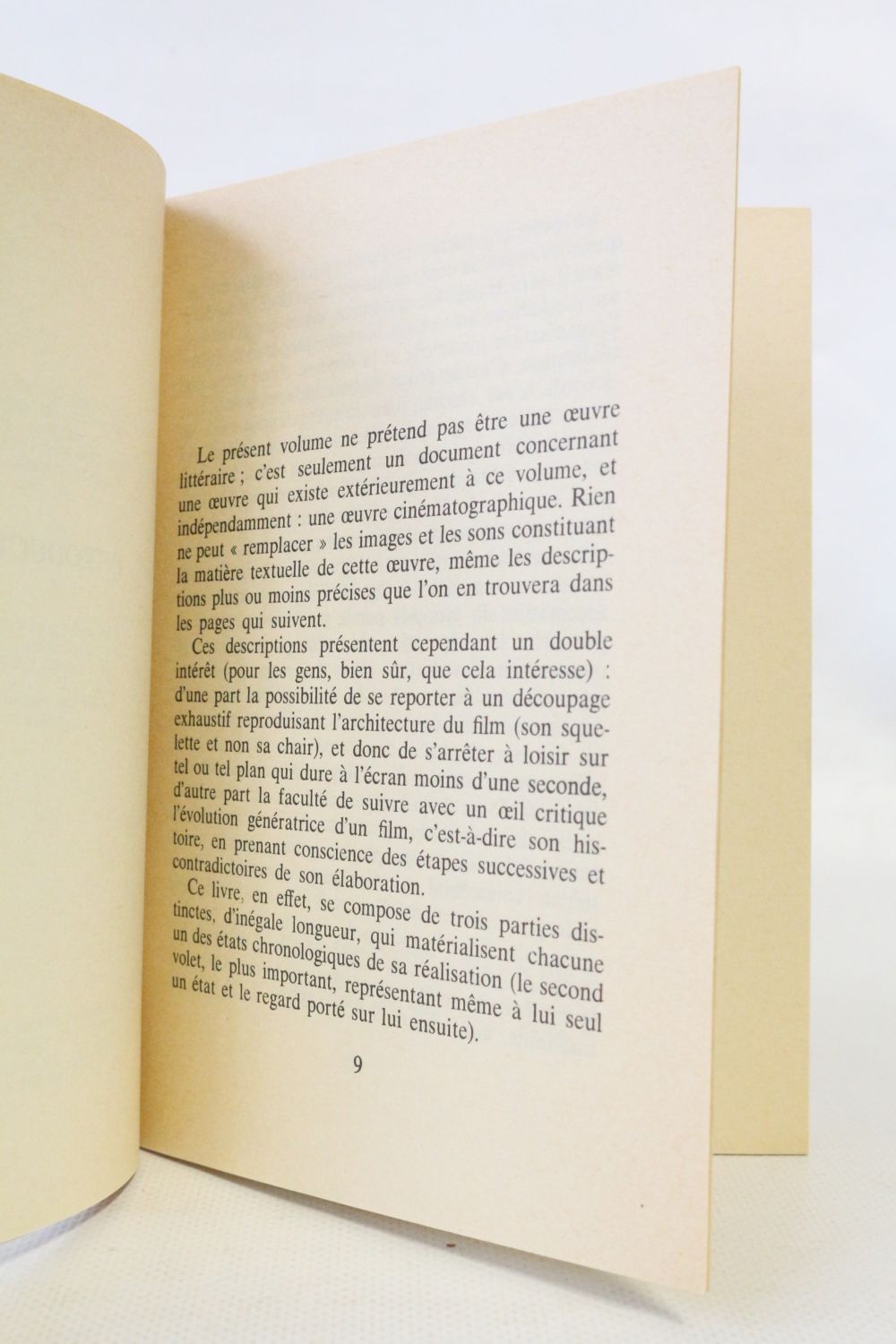


That’s the story in a nutshell, on one level.

The story ostensibly being told is that of an unnamed soldier from an unspecified army, in retreat after losing at the Battle of Reichenfels, and his search for the recipient of the parcel he doggedly carries. Its very form is that of the process of the novel itself being written. It expresses itself through the fits and starts, backtrackings and wrong turns of finding a satisfactory narrative path, and the magpie-like collection of phenomena that are woven into a work of art. In the Labyrinth documents – though it may take several readings for this to become clear – the writing process itself. I have previously explored the different techniques which each of his works employs (as a writer I have long been keen to examine how he does what he does): in particular the ‘hole’ of The Voyeur and the ‘absent-I’ narrator of Jealousy. His next novel would be the last which by nature of its content was likely to appeal to a broad readership, before his own sexual obsessions drove his work in both cinema and literature. Robbe-Grillet, in his articles for the Nouvelle Review Francaise and later collected as Pour un Nouveau Roman (Towards a New Novel) explained with great patience and in great detail, how his works, on the contrary, were not objective and anti-human, but were utterly subjective and anti-human ist.

The New Novel represented, to the critics, “l’ecole du regard” or “school of the look” being obsessed, as they saw it, by an utterly objective fascination with superficial details. Critics had by now a well-established idea of the nouveau roman as a movement even if, as always happens, those lumped together into a scene deny its very existence. By the time of their publication, Robbe-Grillet’s focus had already moved into the world of film-making, his first forays into which I’ll also look at briefly with emphasis on his cine-romans.īy 1959, Alain Robbe-Grillet was the enfant terrible of the French literary and cultural scene (inasmuch as a 37-year-old can be any sort of enfant). In this final part of my study of Robbe-Grillet’s early fiction, with today being what would have been his 95th birthday, I’ll look at the novel which, for me, sees him reach the high-point of the nouveau-roman and a series of experimental (in the true sense of the word) short fictions.


 0 kommentar(er)
0 kommentar(er)
